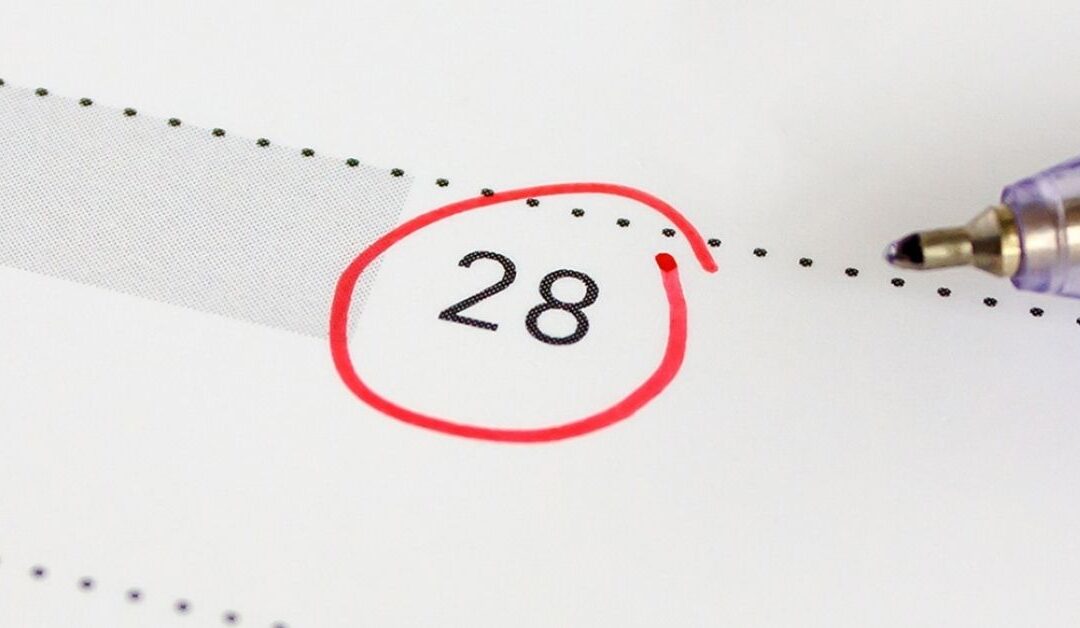Initiative 185 - Vote No!


Why would acceptance be dangerous for Geneva's economy and the middle class?
1. Introduction
After initiative 179 «Supprimons les privilèges des gros actionnaires» ("Let's do away with the privileges of big shareholders"), which aimed to tax Geneva's entrepreneurs more (an initiative rejected by almost 60 % by the people of Geneva last March), the Geneva left is back at it again this election year and now wants to tax the canton's wealthy taxpayers more by introducing an additional wealth tax.
The initiators are also taking advantage of this initiative to tighten up the application of the tax shield, a mechanism designed simply to avoid confiscatory and disproportionate taxation.
On 18 June, the people of Geneva will be asked to vote on this initiative which, if accepted, could have damaging consequences for the Geneva economy and public finances.
2. The purpose of initiative 185 (IN185)
The initiative provides for the introduction, for a period of ten years, of an additional tax of 0.5 % on fortunes of more than 3 million. This would increase the maximum tax rate on wealth from 1 % to 1.5 %. In return, the initiative provides for an increase in social deductions on wealth. The deduction for a single taxpayer who is widowed, separated or divorced would rise from CHF 82,200 to CHF 250,000.
For spouses living in a joint household and single taxpayers running an independent household with one child, the deduction would increase from CHF 164,400 to CHF 500,000. In addition, the deduction for each family expense will increase from CHF 41,100 to CHF 125,000.
The initiative also seeks to tighten up the application of the tax shield. As a reminder, the tax shield is a «corrective mechanism» that determines a maximum amount of cantonal and communal tax (ICC). Its purpose is to implement the constitutional principle of prohibiting confiscatory taxation by limiting the ICC (cantonal and communal tax on income and wealth) to a maximum of 60 % of net income.
3. Tax consequences of IN185, if accepted
To illustrate the tax consequences of IN185 for Geneva taxpayers with a certain amount of wealth, the table below summarises their current and possibly future tax bill in terms of wealth tax:

We note that if passed, IN185 would lead to a sharp increase in wealth tax for wealthy taxpayers. Cumulated over 10 years, this would represent an additional burden of more than CHF 300,000 for a taxpayer with taxable assets of CHF 10,000,000. Thus, for taxpayers whose wealth does not consist of movable assets (such as cash), but of real estate or shares in the family business, this initiative could force them to sell part of their real estate or their business in order to pay their tax bill.
As mentioned above, IN185 would also have significant and potentially worrying consequences for taxpayers who currently benefit from the tax shield. Indeed, IN185 would prevent its application in several situations. Some taxpayers could even see their tax bill rise to more than 60 % of their net income.
If IN185 is adopted, some Geneva taxpayers could be taxed in a completely confiscatory and disproportionate manner, as the example below shows.
Retired couple benefiting from the tax shield :
- Net income: CHF 50,000
- Net assets: CHF 7,500,000.00

The example above shows that the tax shield currently limits the ICC tax burden to 60 % of net income, in order to avoid confiscatory taxation.
However, if IN185 were to be accepted by the people of Geneva, the tax burden of this retired couple would become almost indecent. Their ICC tax bill would represent more than 150 % of their net income!
4. Conclusion: why vote no?
In terms of wealth tax, the canton of Geneva is already the Swiss canton that taxes its taxpayers most heavily. The maximum rate of wealth tax is 1 %, compared with between 0.57 % and 0.8 % in the other cantons of French-speaking Switzerland. In some German-speaking Swiss cantons (notably Nidwalden, Schwyz and Uri), it is barely more than 0.2 %.
By introducing an additional contribution and tightening the application of the tax shield, the canton of Geneva would have more to lose than to gain. Indeed, Geneva would lose out in terms of attractiveness.
In addition, a tax exodus of wealthy taxpayers to other nearby cantons such as Vaud and Valais is not impossible. These departures, which Norway is currently experiencing following a slight increase in taxation (source), will undoubtedly put Geneva's public finances in difficulty in the short to medium term. To compensate for these tax losses, a choice will have to be made between: i) raising taxes on the middle class or ii) cutting government budgets and services.
We should also bear in mind that 78.5 % of the canton of Geneva's wealth tax revenue is generated by just 2.9 % of its taxpayers (source). Taxing this category of taxpayers even more seems to us to be a totally unreasonable and unfair idea in view of the current situation. What's more, IN185 could force some of Geneva's entrepreneurs to sell their businesses in order to pay the additional taxes that this initiative would generate.
Latest news

35 ans d’histoire : un anniversaire célébré au cœur de la Laponie
Pour célébrer nos 35 ans, nous avons
emmené 140 collaborateurs en Laponie pour un séjour hors du temps, riche en expériences humaines et en souvenirs inoubliables.

TVA Suisse : échéance du 28 février 2026 à ne pas manquer
Plusieurs changements TVA doivent être annoncés à l’AFC dans un délai de 60 jours après le début de l’année fiscale. Passé ce délai, leurs effets sont reportés à l’année suivante.

Véronique Pipoz devient COO du Groupe
La nomination de Véronique Pipoz au poste de Chief Operating Officer (COO) marque une nouvelle étape dans le développement du Groupe.
For these reasons, we urge the people of Geneva to vote «no» to IN185 on 18 June.
If you have any questions on this subject, please don't hesitate to contact us!
